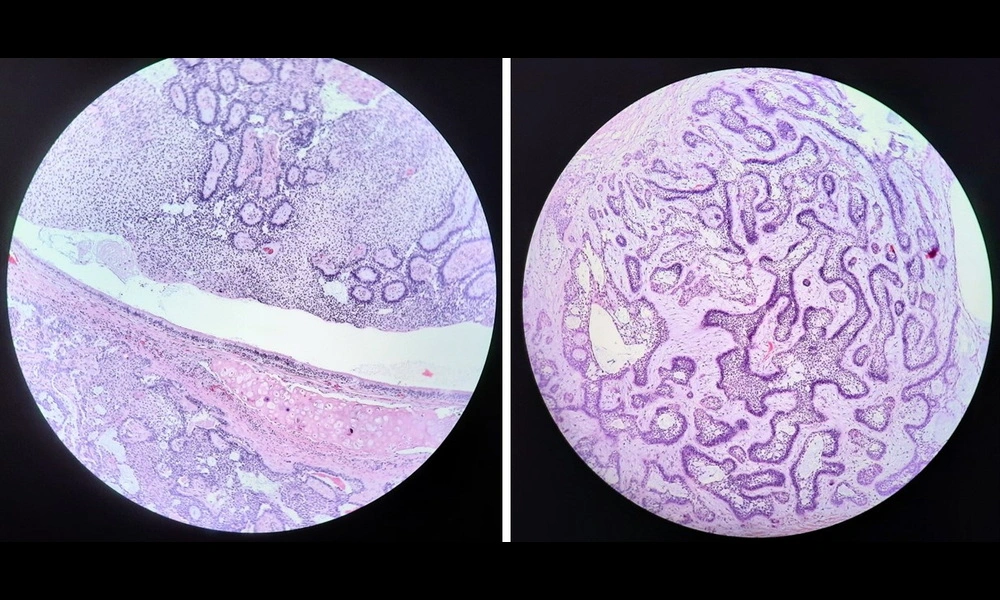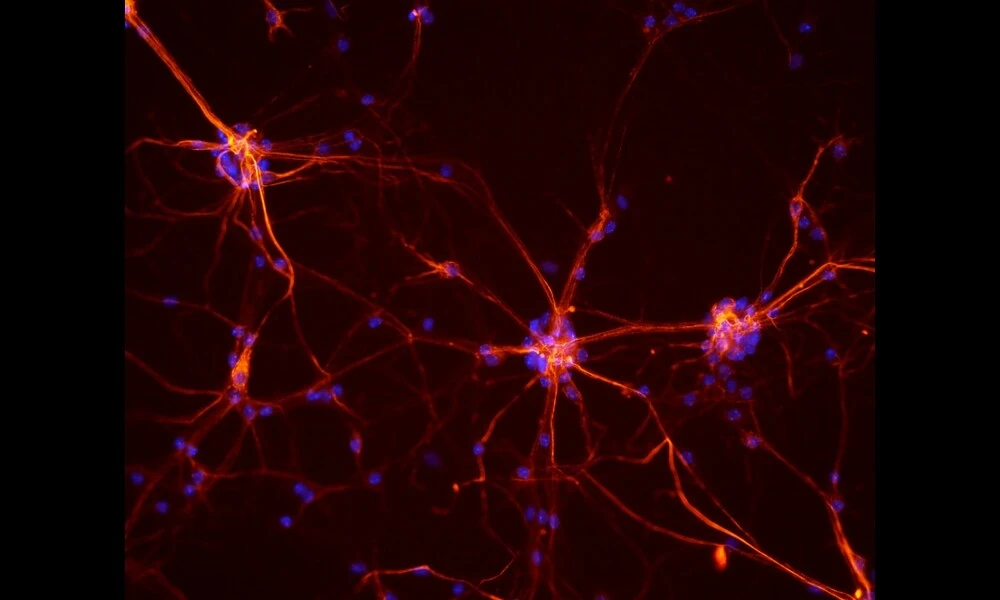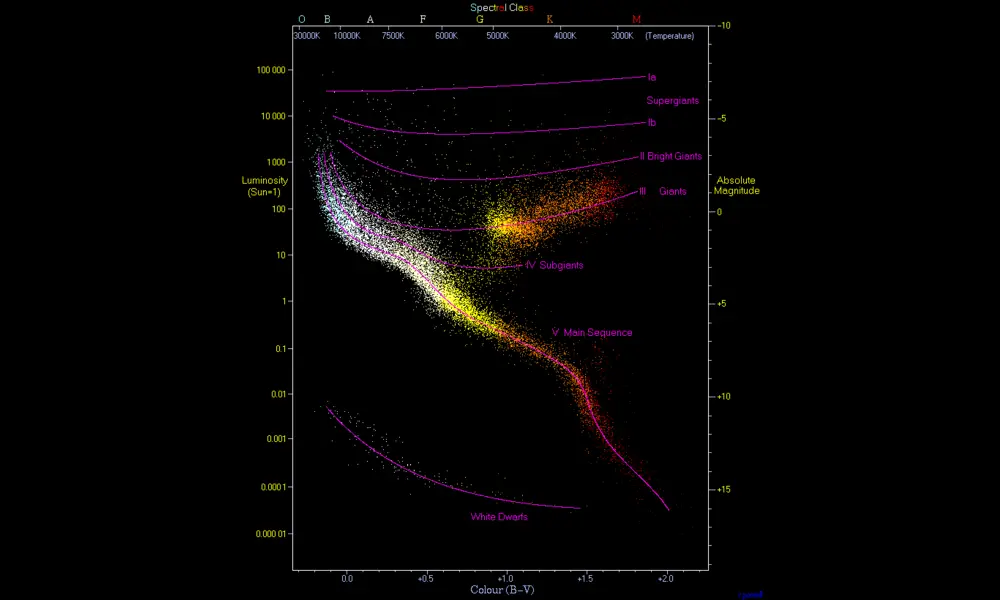New Study Reveals Potential Target for Preventing Brain Metastasis in Breast and Lung Cancer Patients
Published on Thu Jul 27 2023 Ameloblastoma, metastatic, intrabronchial lung | Dr. Yale Rosen Atlas of Pulmonary Pathology on Flickr
Ameloblastoma, metastatic, intrabronchial lung | Dr. Yale Rosen Atlas of Pulmonary Pathology on FlickrA new study has identified a gene that is differentially expressed in central nervous system (CNS) metastasis, specifically in patients with breast and lung cancer. The gene, called transcription factor 7 (TCF7), was found to have significantly lower expression in brain metastases compared to primary tumors of the breast. This discovery may shed light on the mechanisms behind the spread of cancer cells from the breast and lung to the brain.
Metastasis to the brain is a common occurrence in patients with breast and lung cancer, and it poses a significant challenge in terms of treatment. Understanding the genetic makeup of brain metastatic tissues is crucial for identifying potential targets for therapy. In this study, the researchers analyzed RNA-sequencing and gene expression data from patients with metastatic breast and lung cancer to uncover genes associated with CNS metastasis.
The analysis revealed that TCF7 was one of the genes with the greatest difference in expression between brain metastases and primary tumors of the breast. Further analysis of gene expression data from lung cancer patients also showed significant differential expression of TCF7 in brain metastases. This suggests that TCF7 may play a conserved role in mediating metastasis to the CNS in both breast and lung cancer patients.
Moreover, the study found that patients with lower TCF7 expression in their primary breast tumors had a shorter recurrence-free survival. This correlation between TCF7 expression and survival outcomes in breast cancer highlights the potential clinical significance of this gene. Understanding the role of TCF7 in the metastatic process could lead to the development of targeted therapies for preventing or treating brain metastasis.
The findings of this study provide valuable insights into the biology of CNS metastasis in breast and lung cancer. The identification of TCF7 as a differentially expressed gene in brain metastatic tissues suggests its potential as a therapeutic target. Further research, including genetic depletion studies in animal models, is needed to determine the exact role of TCF7 in the metastatic process. Modulating the expression of TCF7 may hold promise for preventing or inhibiting the spread of cancer cells from the breast and lung to the brain.



